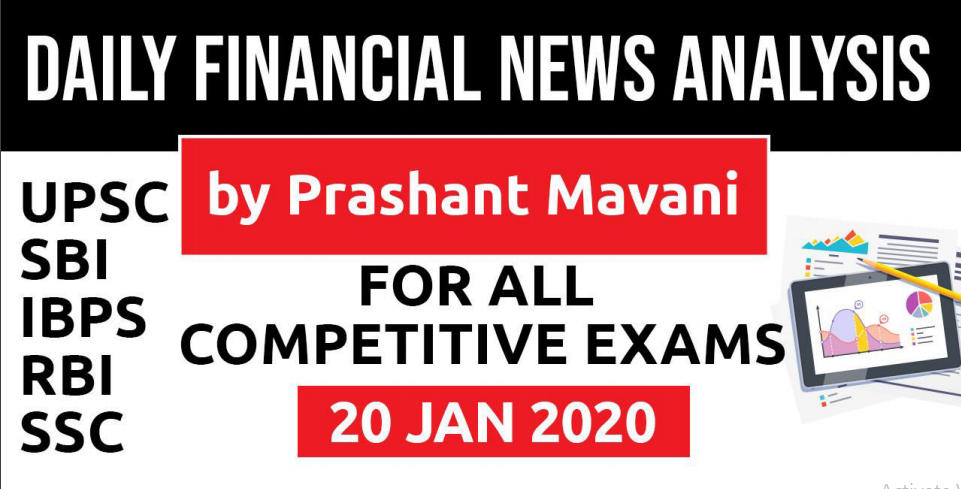Table of Contents
Transforming Indian agriculture
- UN: the world will have 10 billion people by 2050.
- India: account for 1.73 billion people
- The need to scale up agriculture is getting more acute with a rising global population.
- Arable land is decreasing, and farmers are grappling with limited natural resources and climate change.
- Extreme weather conditions such as floods, droughts and poor rainfall are lowering crop productivity and farmer incomes.
- To ensure safe, affordable& enough food and overcome farmers’ challenges around low productivity & income, it is critical to transforming Indian agriculture.
- There is a need to enable farmers to earn sustainable farm incomes and be globally competitive.
- Creating a transformational agricultural policy roadmap requires a collaborative approach between the government, industry, farmers and the society.
- It also needs enabling policies and timebound targets focused on technological innovation, capacity building, market access and risk mitigation.
Create crop focused ministries
- This will bring in policy clarity, consistency and help us shift towards a more targeted fiscal incentive regime.
- Additionally, incentives should be targeted towards sustainable farm income and agriculture.
- Small land holding farmers play a key role in ensuring India’s food security.
- New technologies like drones are revolutionising the world of smallholder farming.
- Hybrid seeds use lesser water for cultivation compared to traditional varieties, can better withstand diseases, insect pests and increased levels of water salinity.
- Public-private partnerships, collaborative business models and CSR initiatives can greatly accelerate hybridization in crops such as rice, corn, horticulture etc.
- As the proliferation of smart phones and the availability of cheap data packages empowers farmers to access information and advice, agri-tech start-ups are coming into their own.
- Backed by investments of close to$250 million, about 500 agri-tech start-ups are helping farmers improve productivity and get a better price for their crop.
- Gramophone are replicating the government’s kisan helpline and call centres by leveraging WhatsApp to provide technical help.
- NinjaCart is engaging with the farmers to help them get their products to the market.
- CropIn are working in the B2B space—they provide digital solutions to banks and insurers to help them assess the creditworthiness of farmers.
- Fasal, an agri-tech start-up that focused on horticulture deploys sensors in the fields.
- Based on readings for soil texture, water retention, temperature, moisture and weather predictions it provides solutions via its app, WhatsApp and SMS.
Tax collection target
- The government’s tax collection is likely to fall short of its estimate by Rs 2.5 lakh crore or 1.2% of GDP in 2019-20.
- The government had budgeted gross tax revenues of Rs 24.59 lakh crore. Rs 8.09 lakh crore as the share of the states.
- The budgeted net tax revenues to the center was kept at Rs16.50 lakh crore.
- This was Rs 3.13 lakh crore higher than the provisional/actual net tax revenues of Rs13.37 lakh crore collected in 2018-19, an increase of 23.4%.
- The corporate tax, excise duties and customs are likely to see negative growth in collections in 2019-20.
- Overall there is likely to be shortfall ofRs 3.5 – 3.75 lakh crore in gross tax collections of the Centre.
India – Malaysia
- India’s trade minister will not meet with his Malaysian counterpart in Davos next week because of his tight schedule.
- Distance increases between top buyer of palm oil and its biggest supplier.
- India has repeatedly objected to Malaysian Prime Minister Mahathir Mohamad speaking out against a new citizenship law.
- Mahathir, the world’s oldest premierat 94 and one of the Muslim world’s biggest voices, has said he would continue to speak out against “wrong things” even if his words cost his country financially.
- At the UN General Assembly in September, he said India had “invaded and occupied” Kashmir.
Social Mobility Index
- World Economic Forum Denmark has topped the charts.India has been ranked very low at 76thplace out of 82 countries.
- It ranks 41st in lifelong learning and53rd in working conditions. The Areas of improvement for India include social protection (76th) and fair wage distribution (79th).
- The top five are all Scandinavian, while the five economies with the most to gain from boosting social mobility are China, the United States, India, Japan and Germany.
- Creating societies where every person has the same opportunity to fulfill their potential in life irrespective of socioeconomic background would not only bring huge societal benefits in the form of reduced inequalities and healthier, more fulfilled lives, it would also boost economic growth by hundreds of billions of dollars a year.
- Measuring countries across five key dimensions distributed over 10 pillars – health; education (access, quality and equity); technology; work (opportunities, wages, conditions); and protections and institutions (social protection and inclusive institutions) – shows that fair wages, social protection, and lifelong learning are the biggest drags on social mobility globally.
FM on Business Laws
- Finance minister Nirmala Sitharamanhas said the government had no wish for laws which treat every business entity with suspicion.
- Business needs supervision but not suspicion.
- My first and earnest attempt, which continues till today, is to decriminalise everything to do with the Companies Law or related laws.
- The government’s effort is to decriminalise the Companies Law, ensure no other Act of the government — whether it is on income tax or whether it is Prevention of Money Laundering Act — will have such an impact.
- The FM said at the latest meeting of the GST Council, she suggested deliberation on whether rate revisions could be a once-a-year exercise.
Golden quadrilateral
- India is planning a network of liquefied natural gas (LNG) fueling stations along its 6,000-km long golden quadrilateral highways.
- A move that could encourage thousands of of truckers to switch to the cleaner fuel from polluting diesel.
- State-run GAIL is putting together a plan and persuading all possible participants – city gas distributors, gas suppliers, financiers, fleet owners, and truck manufacturers – to get them on board and help build an effective ecosystem for LNG-fuelled vehicles in the country.
- A shift to LNG-powered trucks from diesel will cut pollution and turn Indian highways quieter while boosting gas import.
- About 350 LNG fuelling stations, at acost of Rs 3,000–3,500 crore, will be needed to cover the full length of the golden quadrilateral, as per the initial plan.
- Regulations permit only those with citygas distribution licences to set up LNG stations, and therefore, various licence holders will build fuelling stations in specific stretches of the expressway that fall in their respective licence areas.
- About a fifth of the golden quadrilateral’s length falls in areas for which GAIL and its joint venture units have licenses.
- GAIL is planning to build about 90 LNG stations, according to people familiar with the matter.
- Indian Oil which has obtained several licences in recent years, too, plans to build LNG stations in its areas.
Download Free PDF






















 WhatsApp
WhatsApp